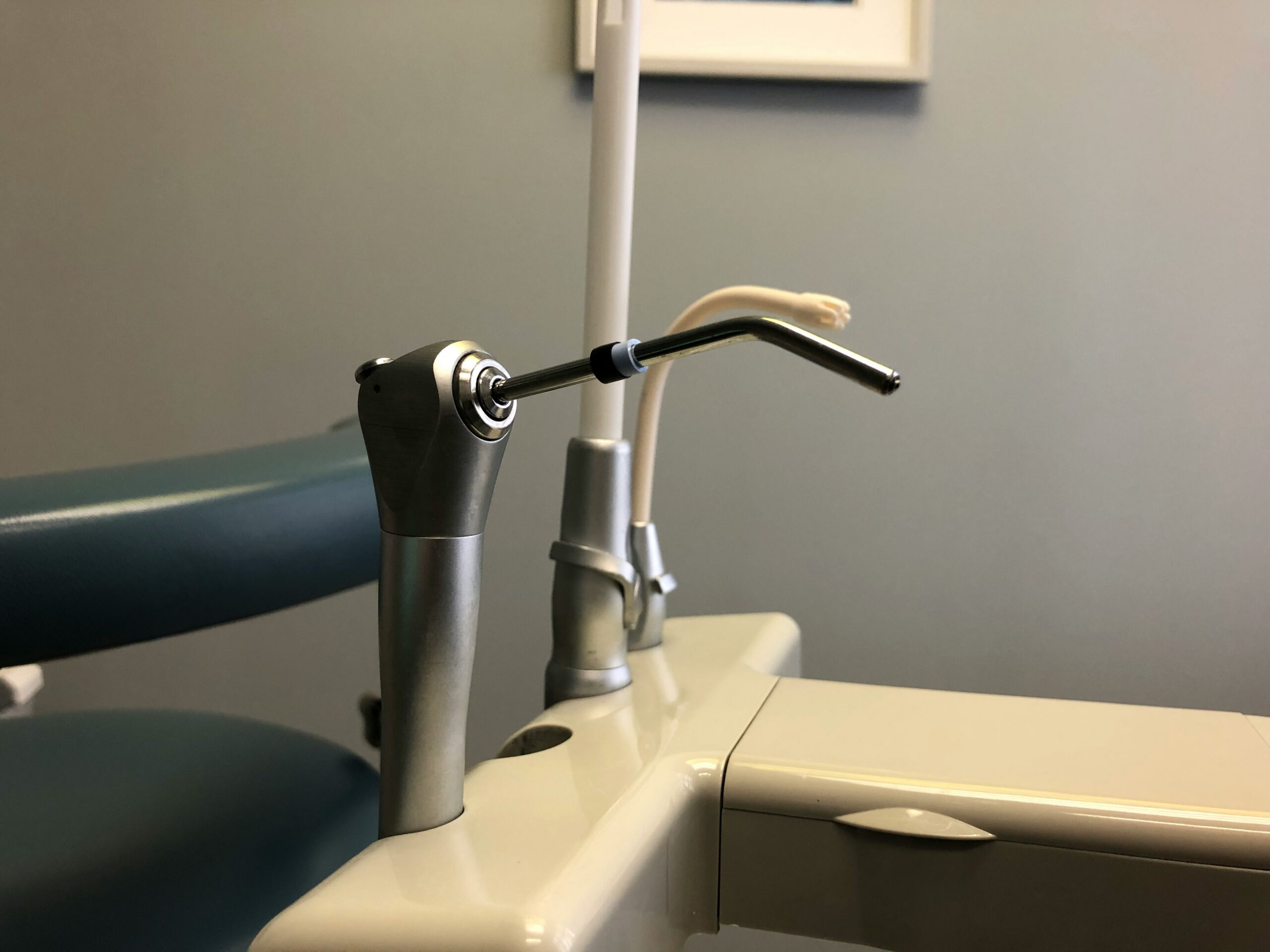Laboratory Fees and Expenses Facts
Similar to any other purchase, it’s important to know and understand how your invoice is calculated. As a patient, it’s in your best interest to be informed about all the aspects of your oral health care, which includes the fees associated with your procedures.
While most of your dental fees relate directly to the work performed by members of the dental office, laboratory work is is often performed by another party, such as a dental technician at a dental lab, whose fees are independent of ours.
What is a laboratory fee?
A laboratory fee is an amount charged for making dental appliances, such as crowns, bridges, veneers, inlays, onlays or night guard. These appliances are created under the supervision of the dentist and registered dental technician.
Who determines lab fees?
While a dentist may supervise the production of appliances, a dentist doesn’t determine the lab fees for them. These lab fees are mostly determined by registered dental technicians, who are mostly represented by The Association of Dental Technologists of Ontario (ADTO). ADTO has recently published a suggested fee guide for its members.
Depending on your dental plan, the laboratory charges may or may not be covered by your private insurance plan. Your dentist has no control over these costs, which ultimately, you, as the patient, are responsible for.
How are lab fees related to the services my dentist performs?
By Ontario law, dentists must separate their fees from commercial laboratory fees on any invoice or statement of account provided to a patient. The law also states that your dentist is not allowed to “charge a laboratory fee for a dental appliance that is more than the commercial laboratory cost actually incurred.”

